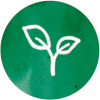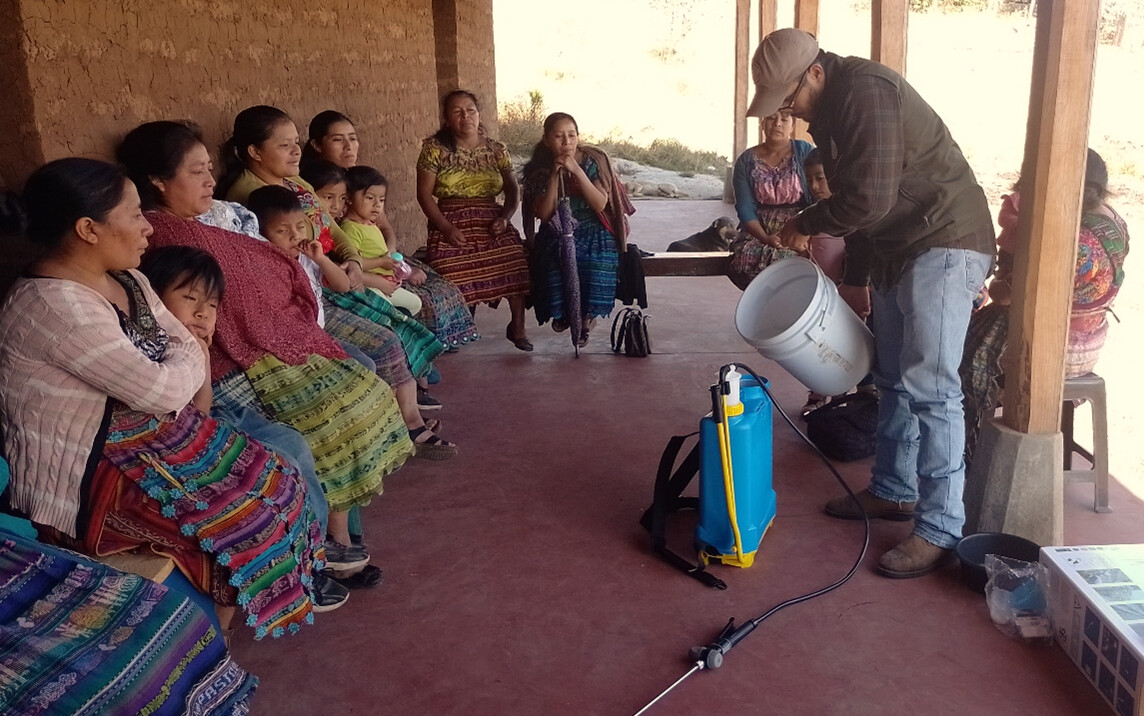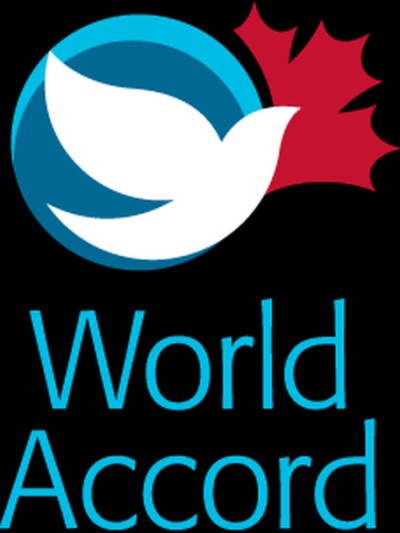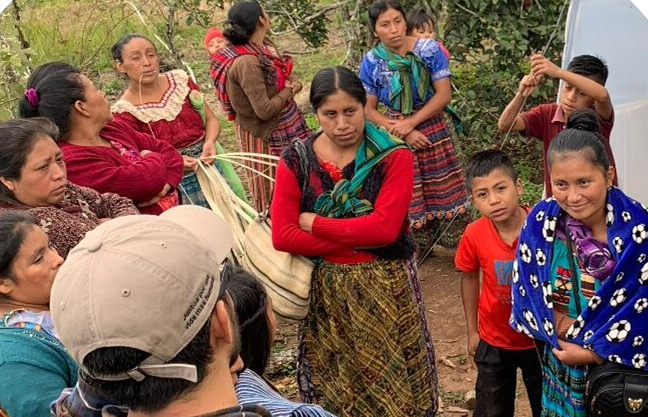 Tomatoes for a Better Tomorrow
Tomatoes for a Better Tomorrow
Food insecurity in rural Guatemala
Quiché (Spanish pronunciation: [kiˈtʃe]) is a department of Guatemala. It is in the heartland of the Kʼicheʼ (Quiché) people, one of the Maya peoples, to the north-west of Guatemala City. The word Kʼicheʼ comes from the language of the same name, which means "many trees". One of the best-known Kiche "tree" is Rigoberta Menchú, who was the 1992 recipient of the Nobel Peace Prize. She received the award for bringing to the world's attention the plight of Guatemala's indigenous people during the civil war that was taking place at the time.
Necessity
2 bags of tomato seedlings for 1 Indigenous female farmer in Guatemala
Activity
Bags of tomato seedlings so that Indigenous women farmers can improve their nutrition and increase their household income
Countable effort
Number of Indigenous women farmers who have received bags of tomato seedlings
Result
With this project, it is expected that an additional 45 Indigenous women farmers be empowered and increase their food security and household income.
Systemic effect
Strengthened economic productive initiatives that will contribute to 45 Indigenous women farmers' empowerment
Background
This initiative aims to overcome challenges to the economic empowerment of Indigenous women and girls, in Quiché, by confronting issues of climate change, deep-rooted poverty, social and economic barriers that are exacerbated by gender, age and ethnicity. Although Guatemala exhibits strong economic growth overall, there is significant disparity in socio-economic well-being in the country. For example, according to the World Bank (2020) the country’s poverty and inequality rates are among the highest in LAC, with a large and underserved population, mostly rural and indigenous and employed in the informal sector. Poverty is estimated at 55.2 percent of the population in 2023 and the size of Guatemala's informal economy is estimated at 49 percent of GDP. For Indigenous populations, these inequalities are deepened by a history of exclusion resulting from racism, lack of land ownership and challenges of rural livelihoods; factors which prevent them from enjoying equal access to the economic growth that the country is experiencing. For Indigenous women and youth, the situation is even worse in that restrictive social norms and gender roles severely limit access to health services, education and economic participation. Moreover, Quiché, faces extreme vulnerability to climate disasters and is highly impacted by natural disasters (as demonstrated by Eta in November 2020); thus, presenting a great challenge to Indigenous communities and especially to the resilience of poor women.
The good deed
With this project, 45 Indigenous women farmers will be socially and economically empowered through the provision of two bags of tomato seedlings each. They will receive training on tomato gardening, identification of local markets and promotion of these products. After, they increase their household’s income, they will participate in training related to community leadership and gender equality amongst others. We expect that these activities will lead to positive change as men and boys, who are also key stakeholders in this initiative, will continue to support this female empowerment and thus contribute to the initiative’s sustainability.
Challenge
This project aims at strengthening economic productive initiatives with a gender perspective in three indigenous communities of Quiché, Guatemala. The main objectives are to train 45 women so they enhance their own productive, economic, political and social development; thus, contributing to improving their quality of life. Quiché faces a myriad of difficulties with illiteracy, high food insecurity as well as low women leadership in key decision-making spaces from household to community levels. The Indigenous Maya women living in this department, are not only poorer but also victims of sexual and gender-based violence as well as the most impacted by the climate crisis. These women rely heavily on agriculture and what their land can provide. Unfortunately, the quality of the soil is degrading because of the use of chemical products and erosion. Our local partner, ASUVI Quiché, will carry out various activities such as training in agricultural, administrative, economic and social productive issues, so that these women gain a comprehensive understanding of the issues impacting them and become more empowered socially and economically. Through technical advice and personalized support for agricultural or livestock production, as well as the provision of infrastructure, tools, materials and inputs necessary to support these activities, it is expected that the positive effects contribute to improve the livelihoods of the 45 participating families. Moreover, ASUVI will ensure that the resources available in the communities are used in a rational, sustainable and ecological way. This project is sustainable as other key stakeholders, such as the local agricultural authorities, will be trained and their own capacities strengthened.

About Cerritos I, Santabal II and Tzanimacabaj (Quiché department)
Capital of Guatemala
Guatemala City
Guatemala
18,406,359
population
1.47% increase from 2023
GDP per capita
14,948 CAD$
ranking 118th of 190 countries
HDI 0,629
ranking 136th of 193 countries
(2024)
Quiché is a department of Guatemala. It is in the heartland of the Kʼicheʼ (Quiché) people, one of the Maya peoples. The word Kʼicheʼ comes from the language of the same name, which means "many trees".
About the organization and further information

World Accord
Website
Further information and source
- • The World Bank in Guatemala, Last Updated: Oct 04, 2023.
- • Rural poverty, climate change, and family migration from Guatemala, Sarah Bermeo, David Leblang and Gabriels Nagle Alverio, April4, 2022.
- • Central America: Hurricanes Eta & Iota - Operations Update no. 5 (MDR43007) Format Situation Report, Source IFRC Posted 24 Jun 2022.
- • Waddington, R., (2015, revised edition 2023) The Indigenous Kiche People. The Peoples of the World Foundation. Retrieved March 27, 2024, from The Peoples of the World Foundation.




